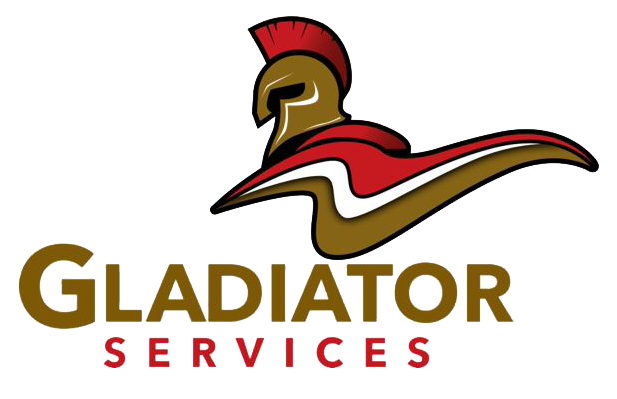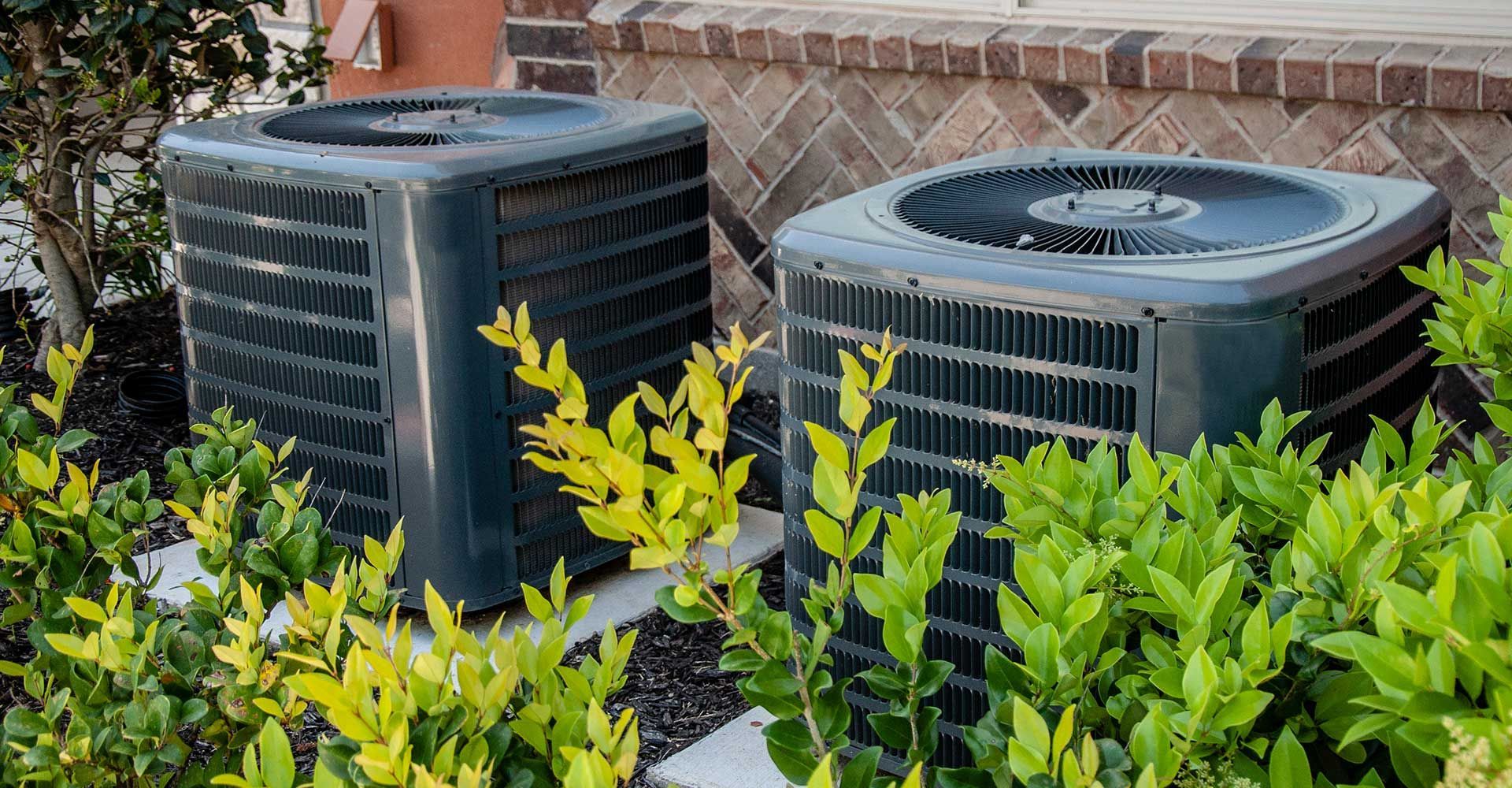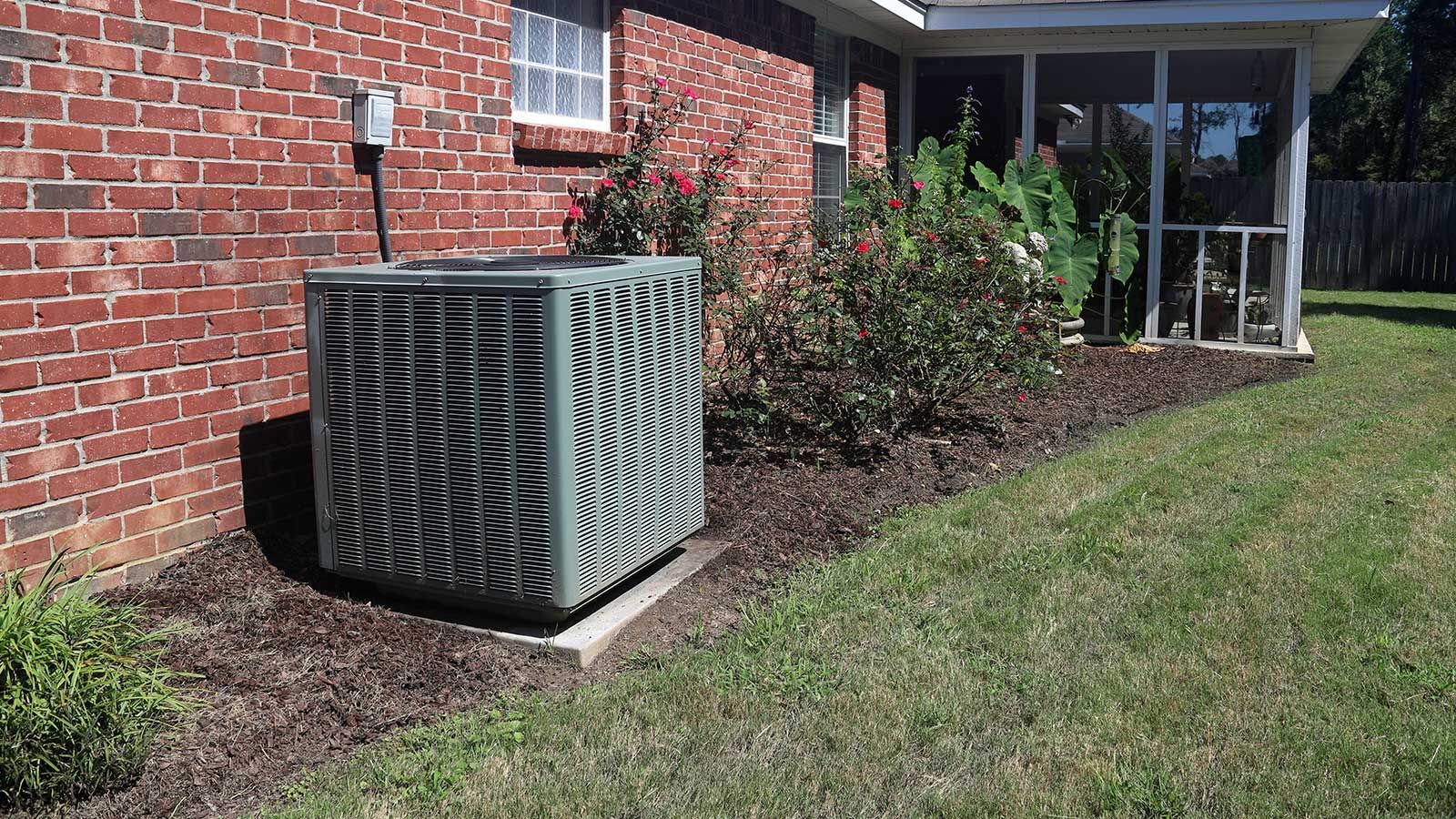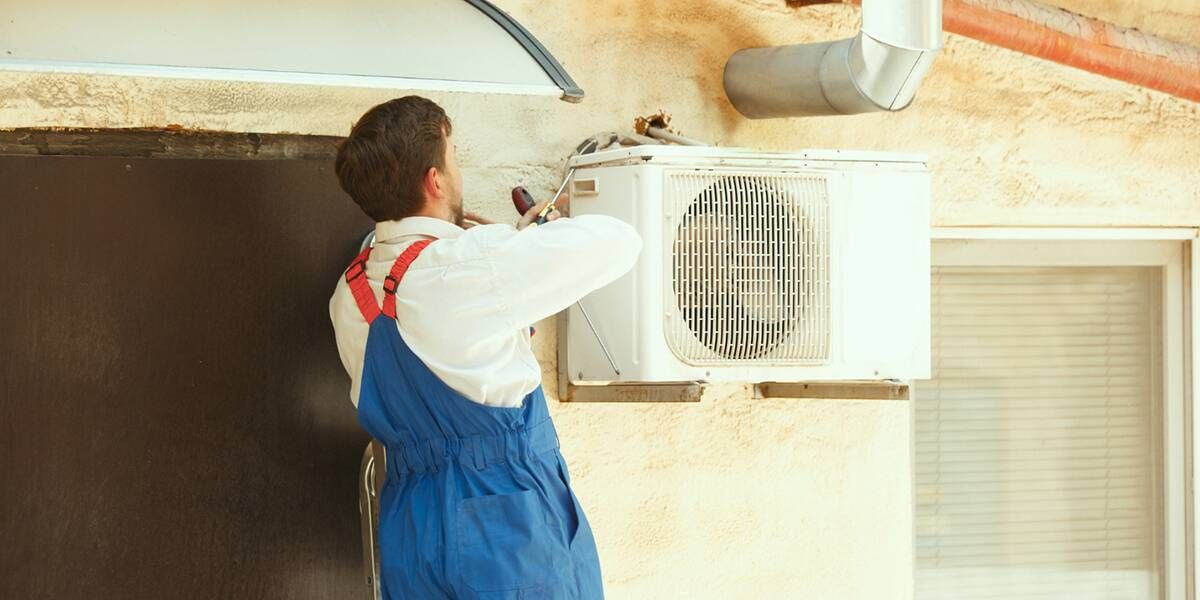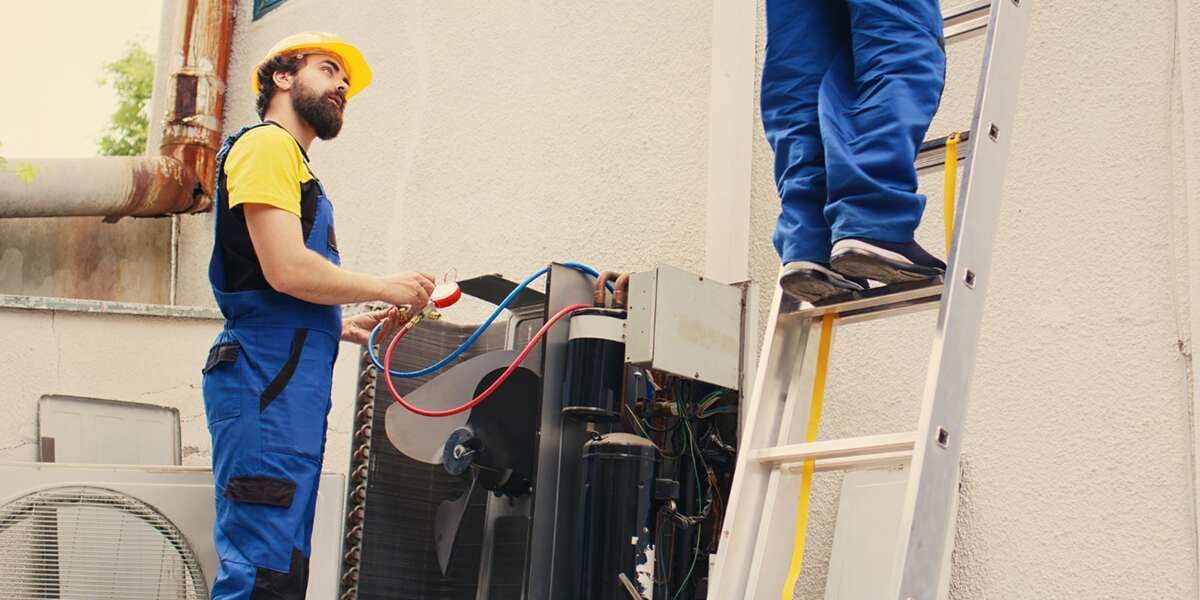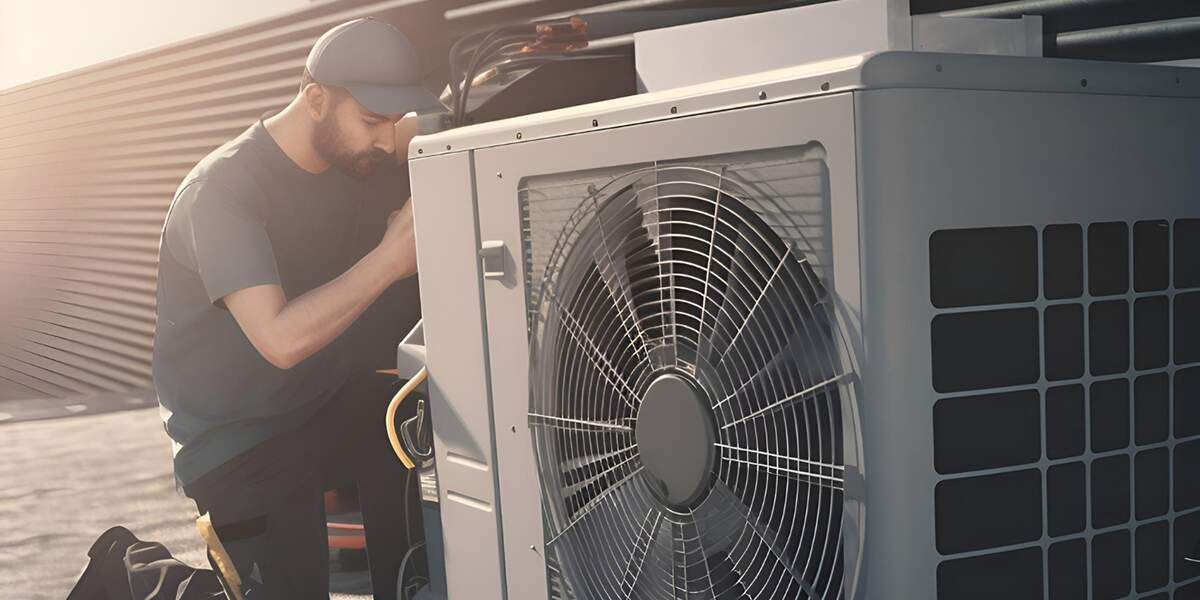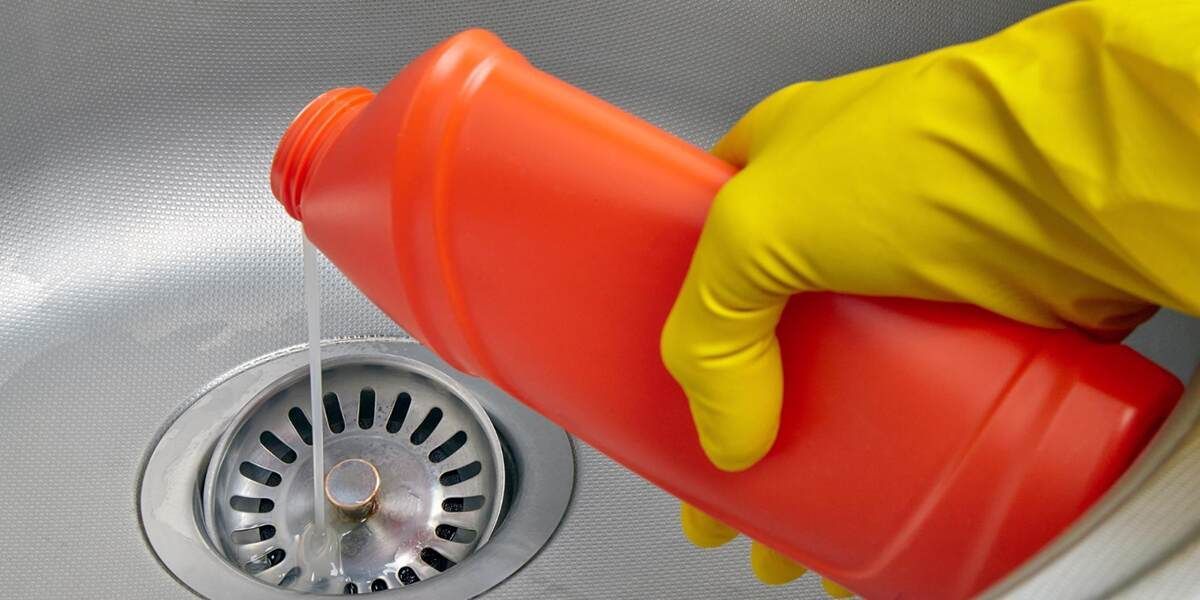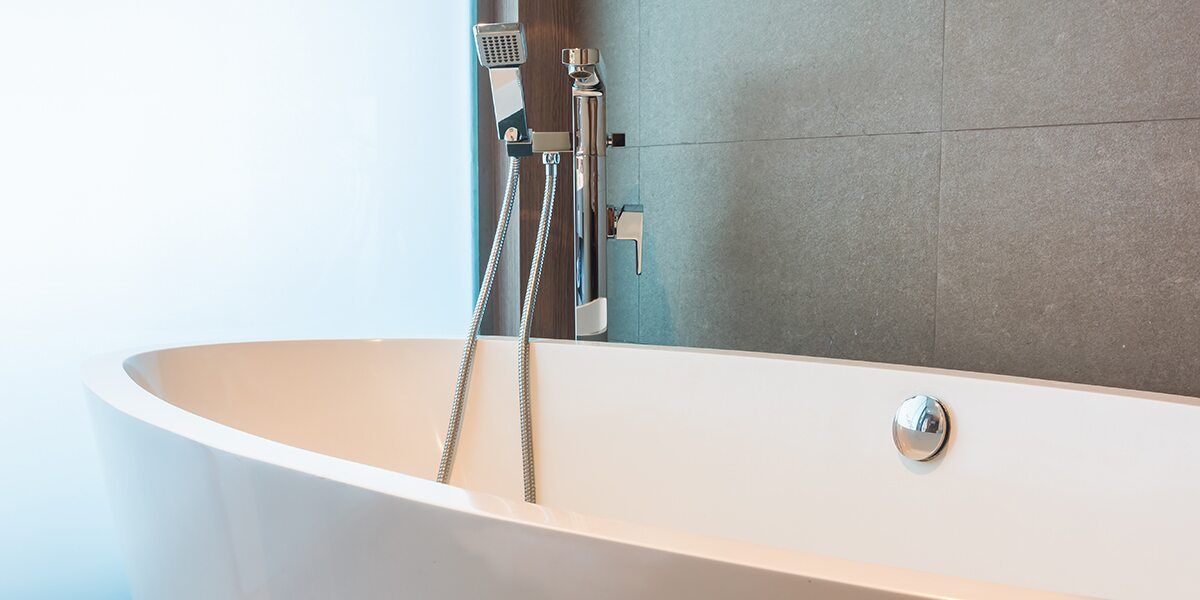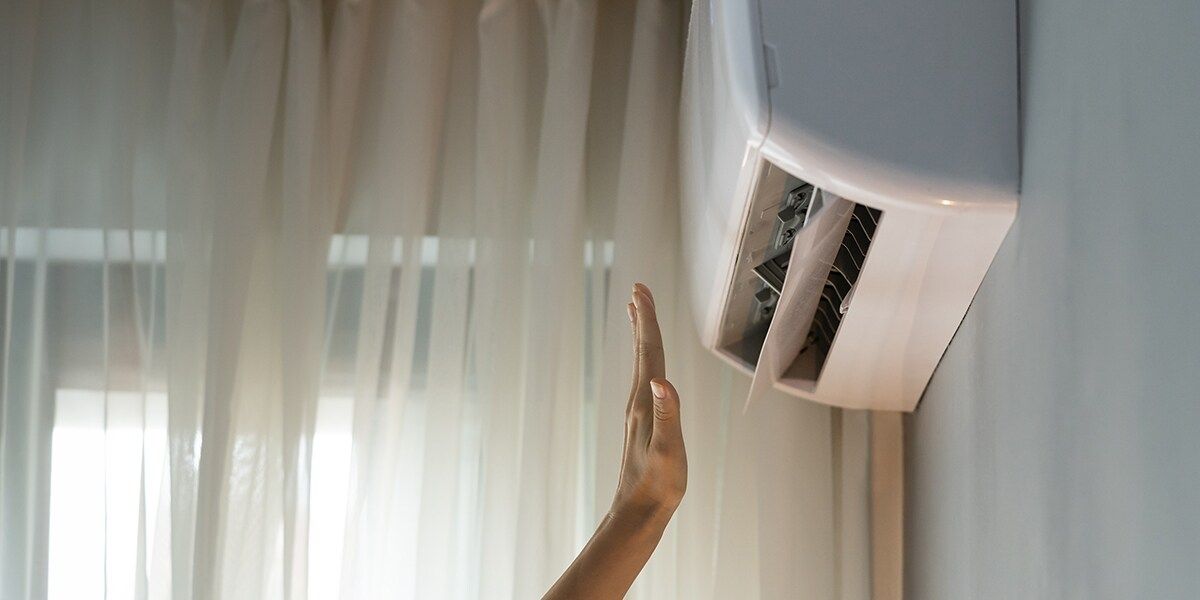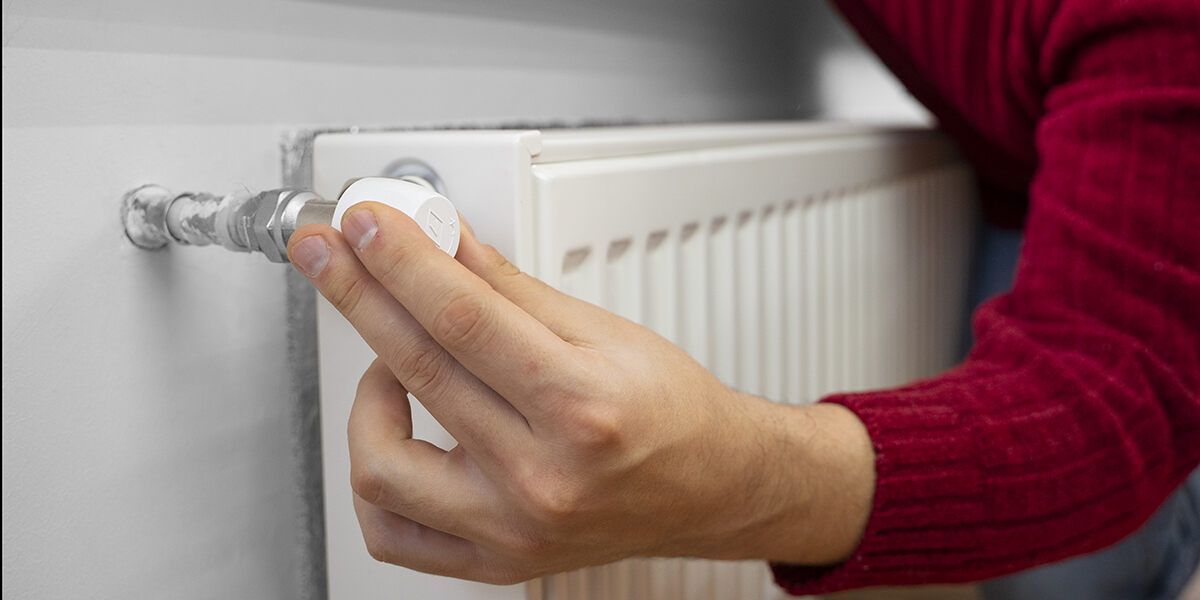What Does a Heat Exchanger Do: A Brief Guide
Gladiator Services
Mar 10, 2023
Your HVAC system features a wide range of complex parts working together to keep you comfortable in the winter or summer months. The heat exchanger is one that many homeowners don't think about until a problem arises.
As Hillsdale's furnace maintenance experts, we often hear questions about heat exchangers during house calls. They're one of the largest — and most overlooked — components in your furnace and heat pump.
So, what does a heat exchanger do? Read on to find out.
What Is a Heat Exchanger?
A heat exchanger is a vital component in an HVAC system, like a furnace or heat pump. It's responsible for allowing a quick and efficient transfer of heat between the fluids in the system. The fluids are usually water, refrigerant, or a mix of water and glycol.
The composition of the heat exchanger allows it to transmit heat by controlling the movement of the heat-carrying fluid (which can also change to gas in some systems).
The main purpose of a heat exchanger is to allow the safe transfer of heat. Thus, there are different types of heat exchangers, even outside of HVAC applications. Power stations, chemical plants, and food processing plants are examples of places you'll find heat exchangers in use (albeit these are the commercial and more complex forms of what you have in your HVAC system).
How a Heat Exchanger Works
The entire heat exchanger technology hinges heavily on the basic physics that heat flows from hot to cold areas. The heat exchanger features compartments for holding two parts of fluids in a high heat conductivity element.
The two fluids will flow in opposite directions as the HVAC works, ensuring efficient management of the heat transfer process. So, what does a heat exchanger do? It's there to transfer heat in the right direction.
Gas Furnaces
In a gas furnace, the heat exchanger increases the temperature of the air in your home before onward distribution to the rest of the building. The heat exchanger in your furnace is airtight and has two holes at the top and bottom (the flue). When the burners in your furnace kick in, they'll transfer hot gas to the metal walls of the heat exchanger.
Cold air from your home flows over the hot heat exchanger wall to heat up before flowing back into the ducts for distribution and heating your home. The close-circuit operation allows the furnace to warm your home without transferring in any dangerous gases.
Heat Pumps
Heat pumps are highly efficient units that can cool a home and reverse function in the colder months to heat up the space. However, unlike the gas furnace, the heat pump doesn't need combustion to generate heat. It simply transfers heat from one part of the home to the other.
When you turn on the heat pump, the fan pushes warm air into the system. The heat pump extracts thermal energy from the air, sending it to the heat exchanger coil.
The coils process the heat before transferring it into your home. When the winter months hit, the entire process reverses, with the heat exchanger processing thermal energy inside your home and channeling the resulting heat outdoors.
What Causes Heat Exchanger Damage?
The heat exchanger is just like every other component in your HVAC system. Wear and tear and a lack of maintenance work on the furnace or heat pump can cause the heat exchanger to crack.
The heat exchanger contracts and expands during operation. After thousands of such cycles, you'll notice cracks in the metal.
What Is the Impact of a Damaged Heat Exchanger on Heating Systems?
Looking at the heat exchanger's role in the heating (and cooling in the case of heat pumps) process, it's easy to see why you shouldn't have any cracks or holes in it. If you have a cracked heat exchanger in your furnace, it will distort the combustion process and cause the formation of carbon monoxide, soot, and other harmful substances.
As a result, running the furnace will put everyone in the heated space at risk of carbon monoxide poisoning—especially if you don't have an effective carbon monoxide detector. The furnace system will deteriorate faster as well, as it will have to work harder to compensate for the combustion troubles.
There's no risk of carbon monoxide poisoning for a heat pump, but a cracked heat exchanger will make it significantly less efficient.
How to Know If You Have a Cracked Heat Exchanger
In modern furnaces, it's easy to know when you have a cracked heat exchanger. Most of them feature sensors that will shut down the system once they detect a crack, and you can't turn on the furnace as long as the crack(s) exist.
For older furnaces without these sensors, it's doubly important to have a high-efficiency carbon monoxide detector. The furnace won't shut down automatically, but you'll know that there's a problem that requires urgent attention.
Another excellent way to know if you have a cracked heat exchanger is to schedule regular maintenance. The HVAC professional will spot even the tiniest cracks, saving you from more serious problems down the line.
How to Fix Cracks in a Heat Exchanger
It's usually impractical to fix cracks in a heat exchanger. The metal parts of the exchanger are too thin for welding, and you'll need to dismantle the furnace to reach it. In most cases, you'll find additional hidden cracks while attempting to fix the one you or the HVAC expert spotted earlier.
Thus, a complete replacement is the best fix for a damaged heat exchanger. It's the only way to avoid more serious damage and costly repairs or exposing your family to carbon monoxide poisoning.
Request Professional Help Today
Now you know the answer to "what does a heat exchanger do?" Do you have further questions about the topic? Do you have any reasons to suspect cracks in your heat exchanger? We can help.
Call the Gladiator Services team in Hillside, NJ, today at
201-419-6090 to book a consultation. You can count on us for speedy furnace repair if necessary.
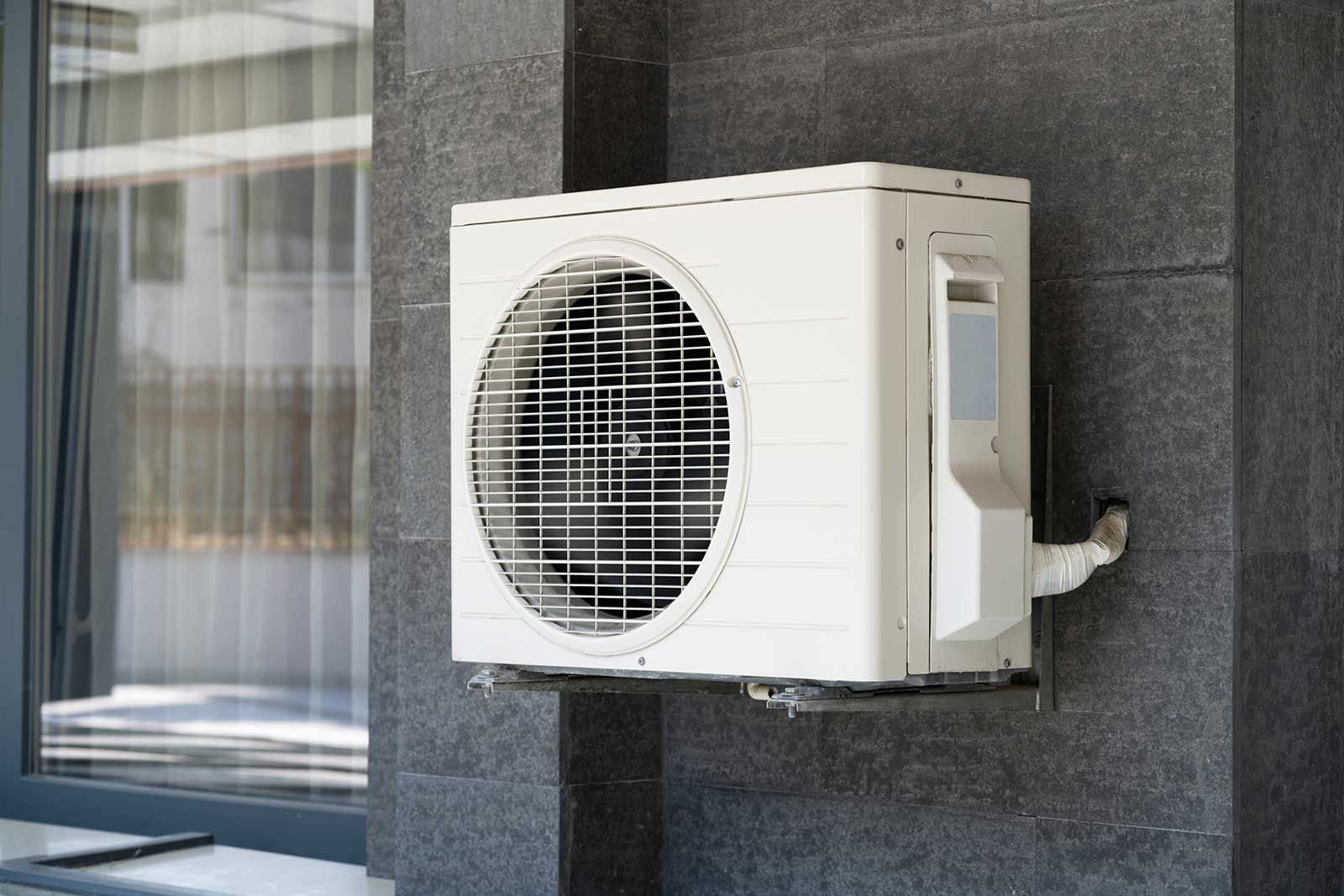
SERVICE AREAS
We Proudly Serve Clients from The Following Areas:
- Allendale
- Alpine
- Bergenfield
- Bogota
- Carlstadt
- Cliffside Park
- Closter
- Cresskill
- Demarest
- Dumont
- East Rutherford
- Edgewater
- Elmwood Park
- Emerson
- Englewood
- Englewood Cliffs
- Fair Lawn
- Fort Lee
- Franklin Lakes
- Garfield
- Glen Rock
- Hackensack
- Harrington Park
- Hasbrouck Heights
- Haworth
- Hillsdale
- Ho-ho-kus
- Leonia
- Little Ferry
- Lodi
- Mahwah
- Maywood
- Midland Park
- Montvale
- Moonachie
- New Milford
- North Arlington
- Northvale
- Norwood
- Oakland
- Old Tappan
- Oradell
- Palisades Park
- Paramus
- Park Ridge
- Ramsey
- Ridgefield
- Ridgefield Park
- Ridgewood
- River Edge
- River Vale
- Rockleigh
- Rutherford
- Saddle River
- Teaneck
- Tenafly
- Teterboro
- Township of Washington
- Upper Saddle River
- Waldwick
- Wallington
- Washington Township
- Westwood
- Wood-Ridge
- Woodcliff Lake
- Wyckoff
Call Us Today for A Free Quote on Your Plumbing Needs
Our certified plumbing professionals are dedicated to delivering exceptional service to residential and commercial clients. Reach out to us now to kickstart your plumbing solution!
Services
Contact Information
Gladiator Services
Patterson St, Hillsdale, NJ, 07642, United States
Open 24/7
All Rights Reserved | Gladiator Services | Privacy Policy | Terms of Service | Cookie Policy

